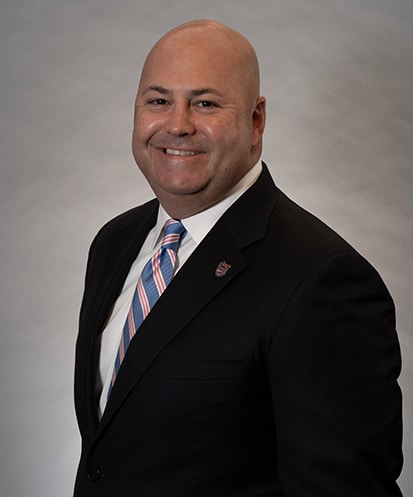Washington, DC Area Hospitals Are Failing to Prevent Infections
 It is no secret that the hospitals in D.C. need some work. According to Hospital Safety Grade, an initiative launched by the nonprofit Leapfrog Group, out of the six hospitals located in Washington, D.C. proper, half have earned a “D” rating. The hospitals were evaluated in the following categories:
It is no secret that the hospitals in D.C. need some work. According to Hospital Safety Grade, an initiative launched by the nonprofit Leapfrog Group, out of the six hospitals located in Washington, D.C. proper, half have earned a “D” rating. The hospitals were evaluated in the following categories:
- Infections
- Problems with surgery
- Practice to prevent errors
- Safety problems
- Doctors/nurses/and hospital staff
In most cases, the hospital was rated well in some categories, but a few medical practices stood out for being unsafe or below average care.
Because there was a lot to comb through, we decided to look only at how each of these hospitals fared when it came to infections. Here is what the data says.
Howard University Hospital: Grade D
2041 Georgia Avenue NW
Washington, DC
- Above average rating in the prevention and treatment of: diff infections and urinary tract infections.
- Below average rating in the prevention and treatment of: MRSA infections, blood infections, and surgical site infections.
MedStar Washington Hospital Center: Grade D
110 Irving Street NW
Washington, DC
- Average rating in the prevention and treatment of: urinary tract infections.
- Below average rating in the prevention and treatment of: MRSA infections, C. diff infections, blood infections, and surgical site infections.
United Medical Center: Grade D
1310 Southern Avenue SE
Washington, DC
- Above average rating in the prevention and treatment of: C. diff infections, blood infections, and urinary tract infections.
- Below average rating in the prevention and treatment of: MRSA infections.
- No data available for: surgical site infections.
George Washington University Hospital: Grade C
900 23rd Street NW
Washington, DC
- Above average rating in the prevention and treatment of: surgical site infections.
- Below average rating in the prevention and treatment of: MRSA infections, C. diff infections, blood infections, and urinary tract infections.
MedStar Georgetown University Hospital: Grade C
3800 Reservoir Road NW
Washington, DC
- Above average rating in the prevention and treatment of: blood infections, urinary tract infections, and surgical site infections.
- Average rating in the prevention and treatment of: MRSA infections.
- Below average rating in the prevention and treatment of: C. diff infections.
Sibley Memorial Hospital: Grade B
5255 Loughboro Road NW
Washington, DC
- Above average rating in the prevention and treatment of: MRSA infections, C. diff infections, blood infections, urinary tract infections, and surgical site infections.
What this all means when it comes to choosing a hospital
The overall ranking for a hospital is not always reflected in how it scored in each category. United Medical Center earned a “D” grade, yet scored better when it came to the prevention and treatment if infections than GWU did. When choosing a hospital, you should consider all the factors, not just one.
However, the reason we focused on infections is because most of them can be avoided with proper sterilization techniques, and by following the proper procedures for central line insertion and catherization. It may not be possible to prevent 100% of infections – hospitals are often filled with sick people, after all – but there is little excuse for a hospital to ever score “below average” when it comes to preventing the spread of infection. Failing to properly sanitize equipment, or to take proper precautions when it comes to cleaning up rooms, or even failing to adequately monitor patients’ health can all be forms of medical negligence.
Doctors and hospitals should understand what quality care means. This includes setting proper standards and procedures for every type of problem that can arise. Health providers should compare these procedures to recommended standards by medical associations and comparable health facilities. Failure to install and follow safety health practices can be grounds for a medical malpractice lawsuit.
Contact Paulson & Nace, PLLC, by calling us at 202-463-1999 or by filling out our contact form.

Christopher T. Nace works in all practice areas of the firm, including medical malpractice, birth injury, drug and product liability, motor vehicle accidents, wrongful death, and other negligence and personal injury matters.
Read more about Christopher T. Nace.
